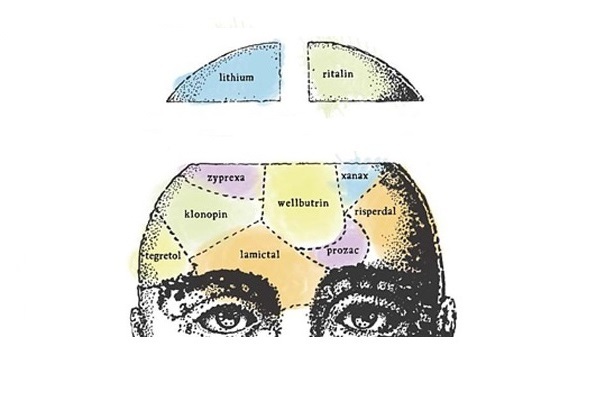- cross-posted to:
- adhs
- cross-posted to:
- adhs
Older article (2012), but still very relevant and valid.
In my career as a psychologist, I have talked with hundreds of people previously diagnosed by other professionals with oppositional defiant disorder, attention deficit hyperactive disorder, anxiety disorder and other psychiatric illnesses, and I am struck by (1) how many of those diagnosed are essentially anti-authoritarians, and (2) how those professionals who have diagnosed them are not.
Gaining acceptance into graduate school or medical school and achieving a PhD or MD and becoming a psychologist or psychiatrist means jumping through many hoops, all of which require much behavioral and attentional compliance to authorities, even to those authorities that one lacks respect for. The selection and socialization of mental health professionals tends to breed out many anti-authoritarians.
Psychologist Russell Barkley, one of mainstream mental health’s leading authorities on ADHD, says that those afflicted with ADHD have deficits in what he calls “rule-governed behavior,” as they are less responsive to rules of established authorities and less sensitive to positive or negative consequences. ODD young people, according to mainstream mental health authorities, also have these so-called deficits in rule-governed behavior, and so it is extremely common for young people to have a “dual diagnosis” of AHDH and ODD.
Do we really want to diagnose and medicate everyone with “deficits in rule-governed behavior”?



This article resonates strongly for me, thank you for posting it. I often muse that some of what gets termed a disorder or an illness is just a lazy way to hand wave over someone not being happy about fitting in with certain aspects of “normal” behavior or culture. There is of course actual mental illness, but once you start investigating stressors or traumas, the concept gets more complicated than “something’s wrong with your brain” in terms of cause and effect.
I read about a study that was about instilling “learned helplessness” in the participants, and the one group that was mostly resistant to the effect were the chronically depressed group. This led the researchers to speculate some of what was termed depression was actually an inability to suspend reality; ie the “depressed” group saw reality a little too clearly, and aside from this making them resistant to the effects of induced “learned helplessness” it also made them distressed.